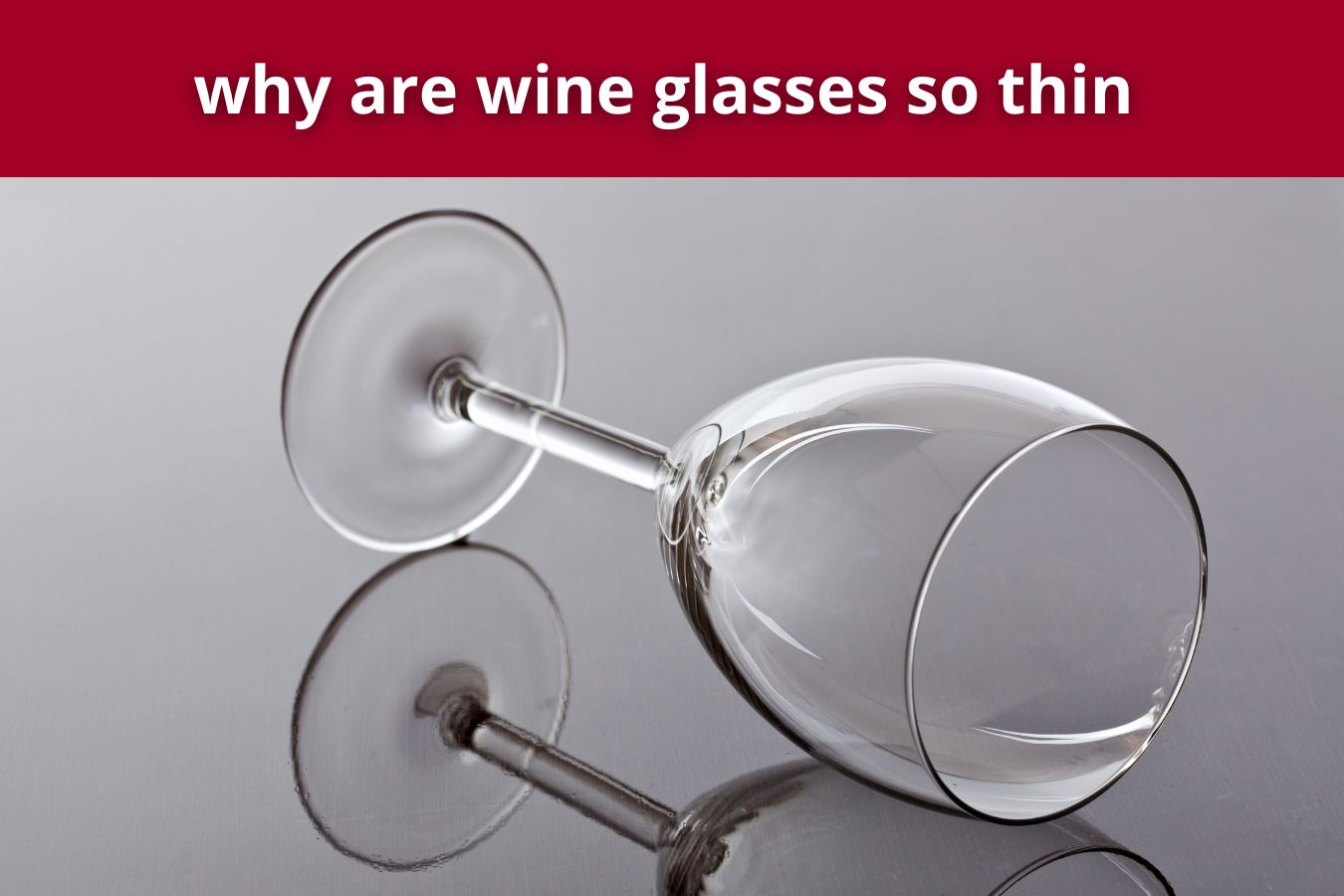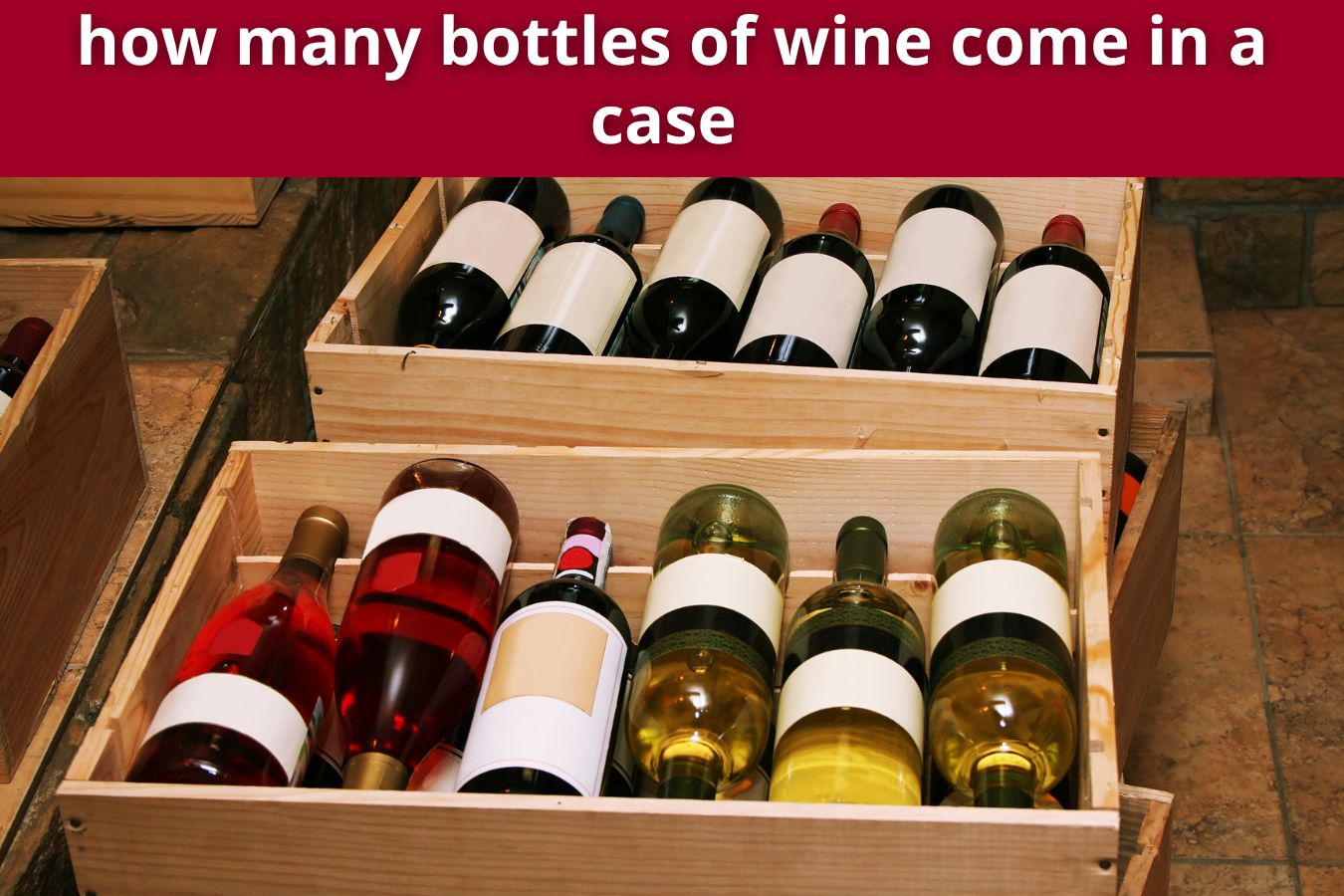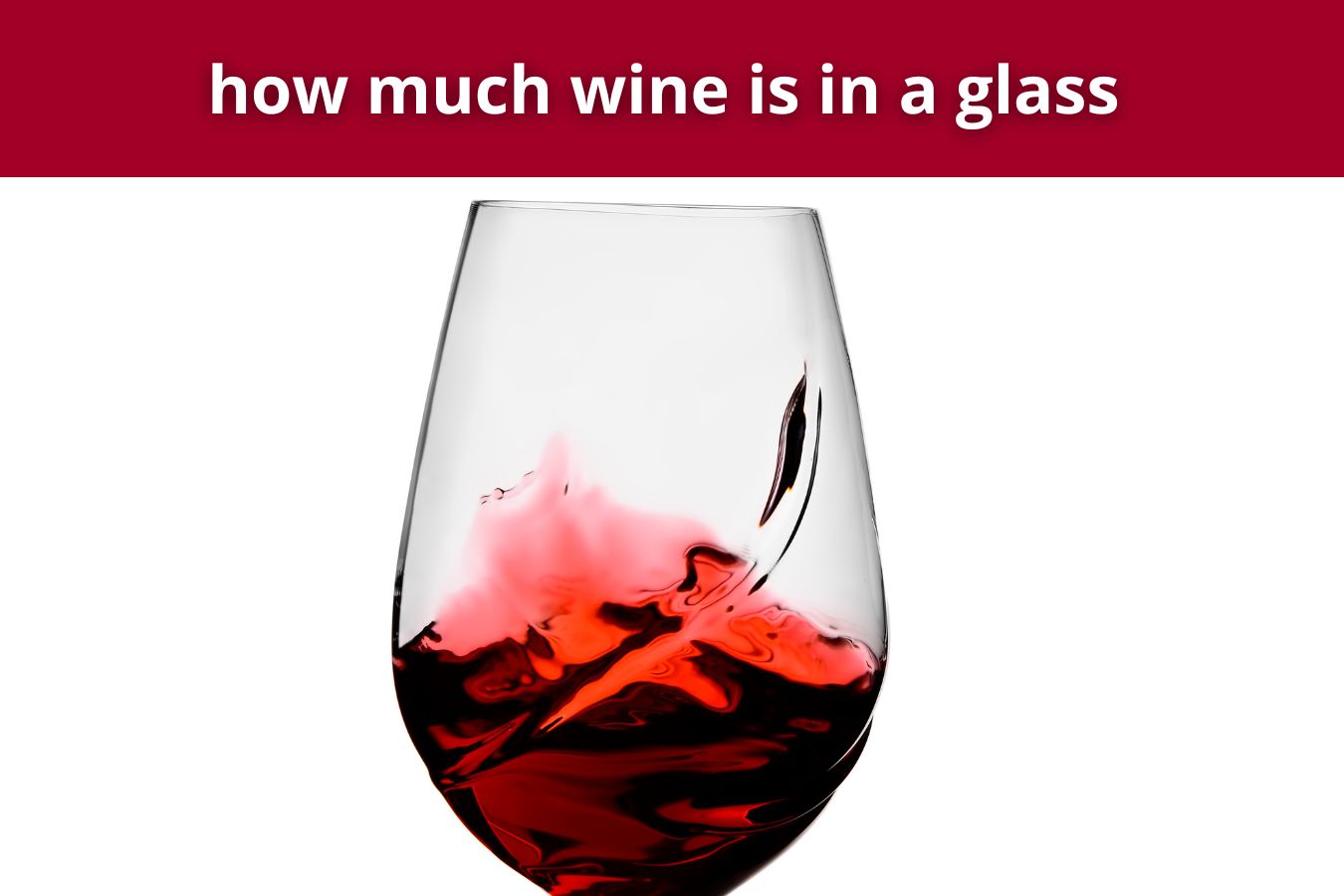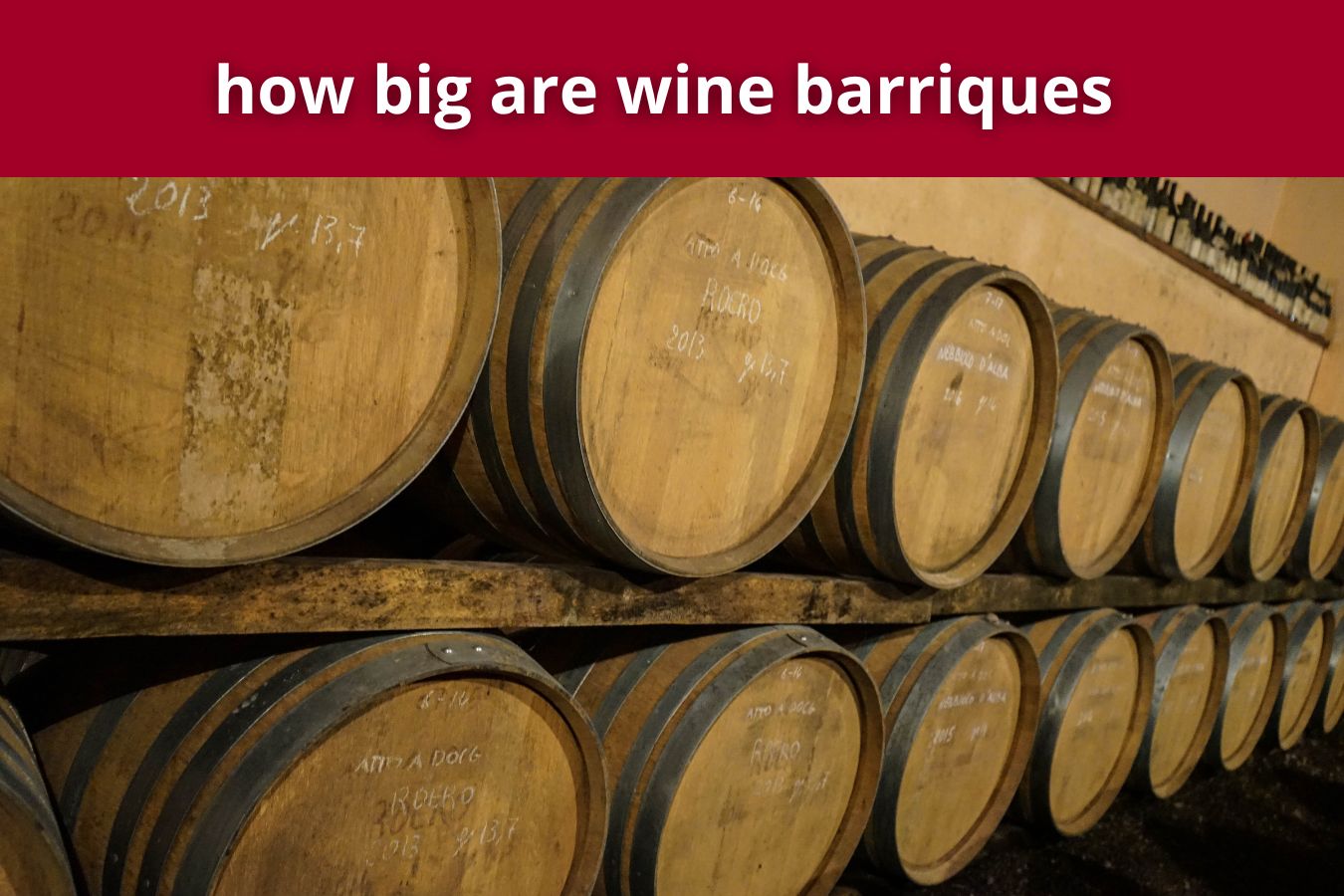Most people are unaware that glass and crystal are not the same thing. They are actually very similar in many ways, including durability and quality. However, crystal is more delicate and stronger than glass. It can be used to drink wine, as it helps you see the aroma and taste better. If you’re not sure about why wine glasses are so thin, here are some reasons. Read on to find out more about the benefits of crystal.
Table of Contents
Crystal is stronger and thinner than glass
The rim of crystal wine glasses is considerably thinner than those of glass. Glass stemware has a thick bowl and rim to protect the wine from breaking. Glass is a softer material, but it still needs a certain thickness in order to be strong. In contrast, crystal is a harder material and the rim of crystal wine glasses is much thinner. The clarity and brilliance of the glass is also increased when compared to that of glass.
Compared to standard glass, crystal contains strengthening minerals, which make it more durable and resistant to breakage. The added strength also allows for intricate carvings, and crystal is also more malleable than glass. This means that carvings can be easily shaped and polished without risking shattering. Moreover, crystal has a higher price tag than glass because of its strength and thinness. Besides, it can be hand-washed while glass requires dishwasher care.
It is durable and of high quality
Purchasing quality wine glasses is an important aspect of any wine-serving experience. You want a glass that won’t break easily. Glasses made of 18/8 food-grade stainless steel are the best choice, as they won’t break easily. Whether you use these for casual drinking or entertaining, they’ll be the perfect gift. These glasses won’t crack or rush your wine and will last for many years. If you’re worried about your glasses breaking, you can find wine glass sets that come with lifetime guarantees.
There are different types of wine glasses available, and it’s important to choose the right one for the occasion. White wine glasses are typically smaller and hold eight to ten ounces of wine, while a universal wine glass can hold anywhere from 12 to 16 ounces of wine. You should also consider how versatile your glasses will be. If you plan to use them often, look for dishwasher-safe glasses. These glasses are more expensive but they’re durable and of high quality.
It is delicate
Wine glasses are incredibly fragile. Their stems and rims are thin and contain extra minerals and trace elements to enhance their refraction of light. This makes them more fragile than soda-lime glasses, which are made of thicker glass and are dishwasher-safe. But there is more to wine glasses than just their fragile appearance. The shape of the wine glass and the refraction of light is also an important factor when choosing a proper glass.
A thin glass makes it easier to sip the wine, enhancing the flavors and reducing the risk of spilling. Because wine is meant to be consumed in small sips, the thickness of the glass also allows the subtle aromas to come through. Wine aroma is notoriously complex, ranging from primary aromas, which are determined by the type of grape and ripeness, to secondary aromas, which are produced through the fermentation and barrel aging process.
It helps you see more clearly
Thin wine glasses let light pass through them more easily, which enhances the aesthetic experience. They also help you understand the color of your wine better. Thin glasses also enhance the aroma of your wine. So, while the thickness of your glass does not affect the taste, it can add to the aesthetic experience. You should choose glasses that are thin enough to allow you to enjoy your wine to the fullest. But do remember, a thin wine glass does not necessarily mean that you are going to drink a thin one.
Wine glasses that are thin also cost more than those made from thicker ones. The main reason for this is that thin glasses require less glass. However, you should be aware that not all types of glass are made equal. Soda-lime glass, for example, is brittle compared to crystal glass. In addition, cheap wine glasses are likely to break more easily than expensive ones. Thus, it is important to choose glasses made of quality and that will last for many years.
It speeds up the rise in temperature of the wine
While wine is largely composed of alcohol and water, it also contains various dissolved sugars, acids, and flavourants. The water and alcohol components of the drink have different vapor pressures, and they have different temperatures. Alcohol evaporates more quickly than water, so it has a higher vapor pressure. Alcohol also has higher surface tension, so it draws liquid from the bulk of the wine more quickly.
In addition to the shape and size, the material of the glass also has a significant effect on the taste of the wine. For example, a thin glass is ideal for a white wine, which does not need much oxidation to expand flavors. Thinner wine glasses will reduce the amount of exposed surface area, resulting in less heat transfer and a longer chilling time.
It enhances the drinking experience
There is a theory that thin wine glasses improve the drinking experience. The shape of the glass matters less than its thickness, and the stem serves an important function. However, wine glasses that are thin enhance the drinking experience by allowing you to appreciate the color and aroma of the wine more clearly. A thin glass also ensures that the liquid does not spill, ensuring that you enjoy a luxurious experience when drinking your favorite wines.
A thin glass also makes it easier to take sips, and this can help you appreciate the subtle aromas of the wine. Wine aromas are notoriously complex, and a thin glass enhances the experience. The primary aromas come from the grapes, which are dependent on their ripeness and growing conditions. Secondary aromas are produced during the fermentation process and the barrel-aging process, influencing the overall aroma of the wine.







